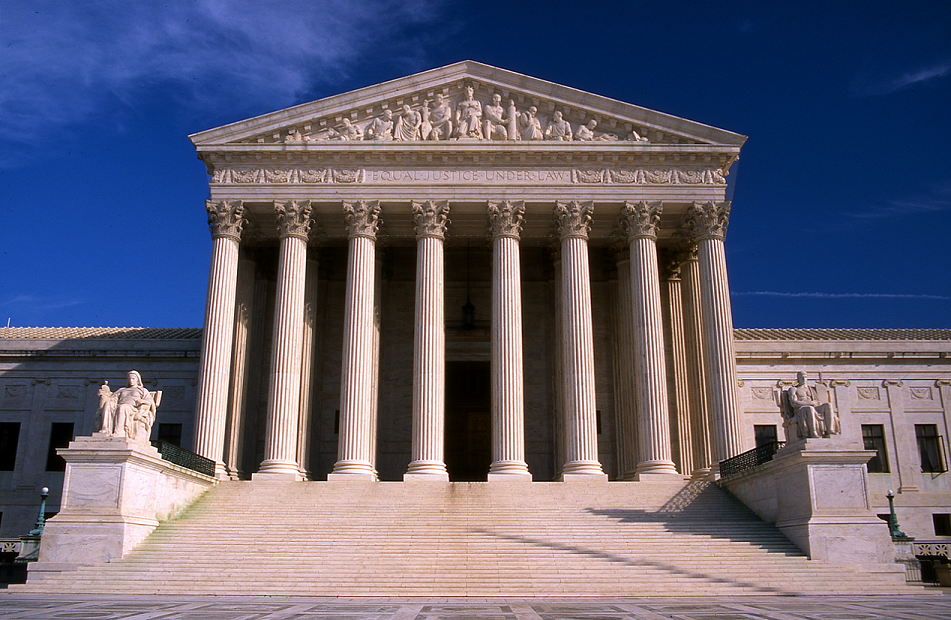
(Rightallegiance.com) – The U.S. Supreme Court has agreed to hear a pivotal case that could dramatically alter how money flows through American elections. At the heart of the case is a challenge from Republican congressional committees seeking to overturn federal limits on coordinated campaign spending between political parties and their candidates. If successful, the decision could significantly reshape campaign finance rules ahead of the 2026 midterm elections by allowing national parties to directly spend unlimited amounts in cooperation with individual candidates.
Republican leaders argue that the current limits—set decades ago—violate the First Amendment by restricting how much parties can assist their own nominees. They contend that these caps hinder the parties’ ability to compete, particularly in a political environment where outside groups like super PACs can spend unlimited sums independently. By lifting the coordination cap, the GOP hopes to enhance strategic control over messaging, ad placements, and resource distribution in close races across the country.
The Biden Justice Department, under Trump’s second term, has declined to defend the current law, asserting that the restrictions place an undue burden on free speech. This unusual move prompted the Supreme Court to allow Democratic campaign committees to step in and defend the constitutionality of the limits. The court’s decision to revisit this issue signals that a majority of justices may be open to overturning prior precedents that upheld these coordination rules.
Legal experts say the case could be the most consequential campaign finance decision in over a decade. While past rulings like Citizens United opened the door for unlimited independent spending, this case directly challenges how much control political parties can exert over their candidates’ campaigns. If the limits are struck down, it would allow wealthy donors to funnel massive sums through national party committees, raising concerns about the erosion of transparency and candidate autonomy.
Oral arguments are expected in the fall term, with a decision likely to land in early 2026. Both parties are already preparing for the political fallout. Republican strategists see a potential green light to expand their national spending operations, while Democrats warn of a deluge of money that could drown out grassroots candidates and further consolidate power among elite donors. The ruling could either reaffirm decades of campaign finance norms or mark the beginning of a new era in which political parties regain a central—and vastly more powerful—role in federal elections.